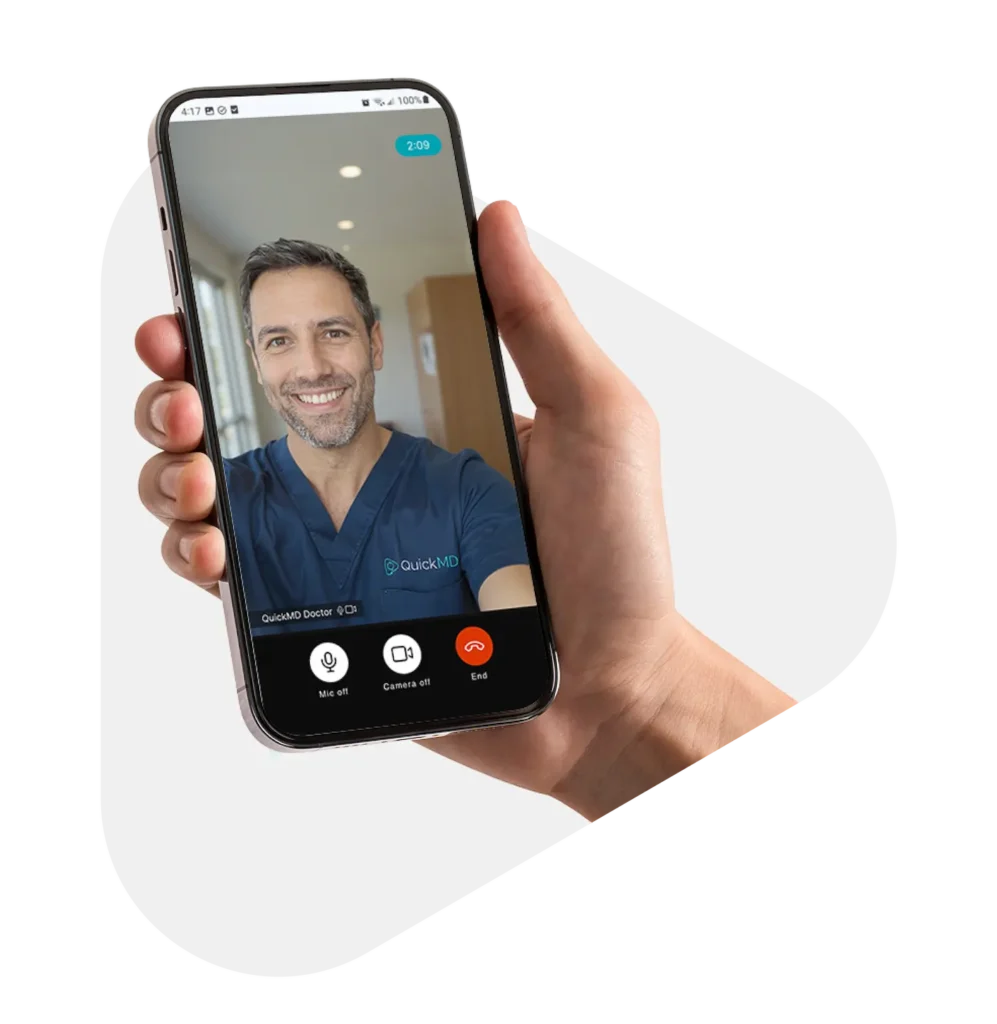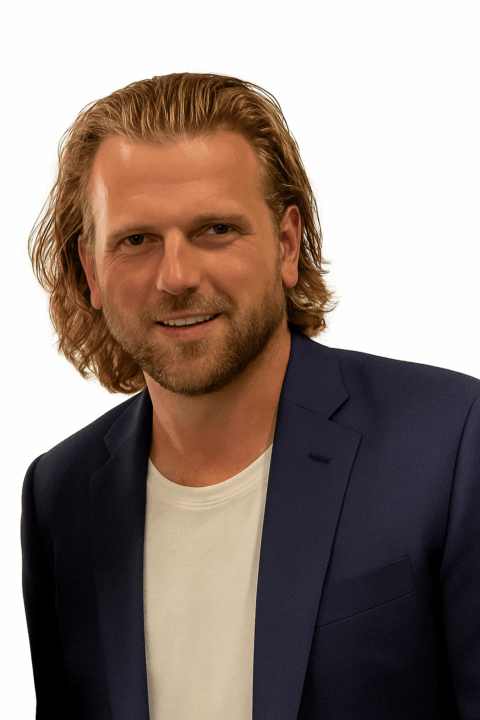Medication-Assisted Treatment in Idaho
QuickMD offers private, judgment-free addiction treatment online in Idaho for substance use disorders, including treatment with Suboxone®.
Book now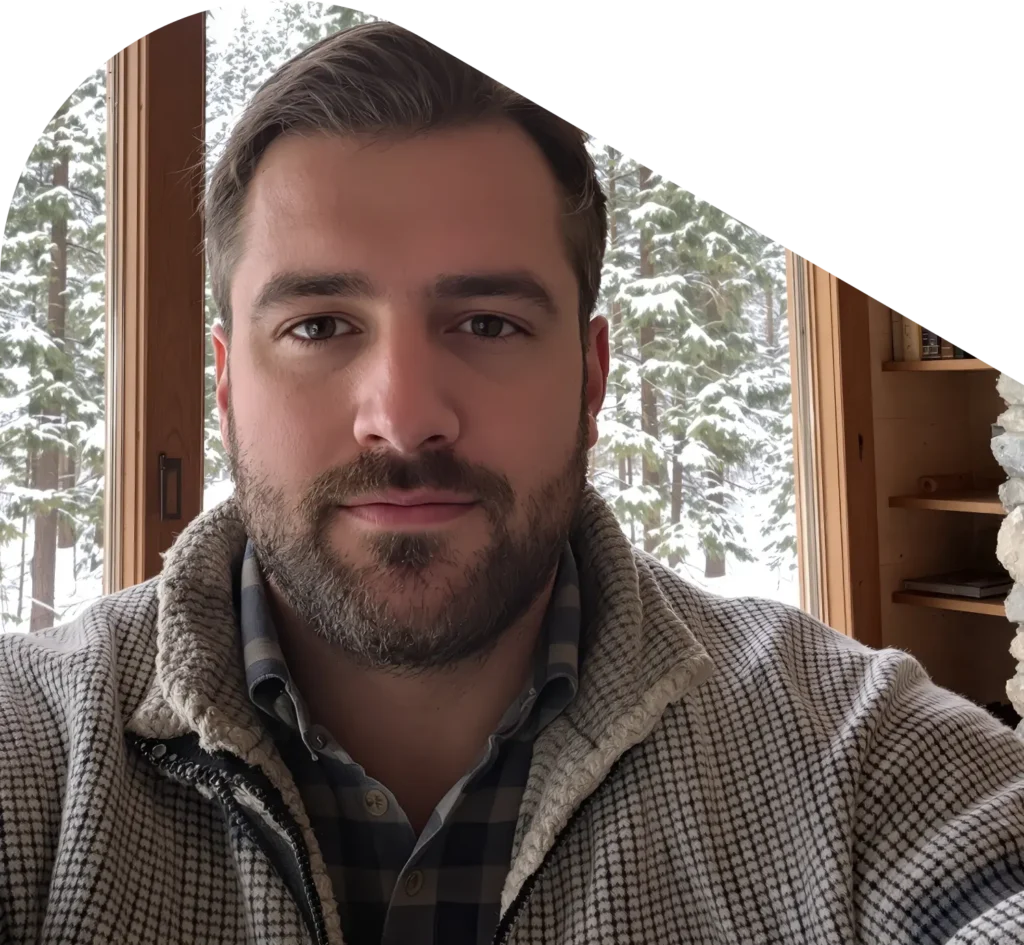
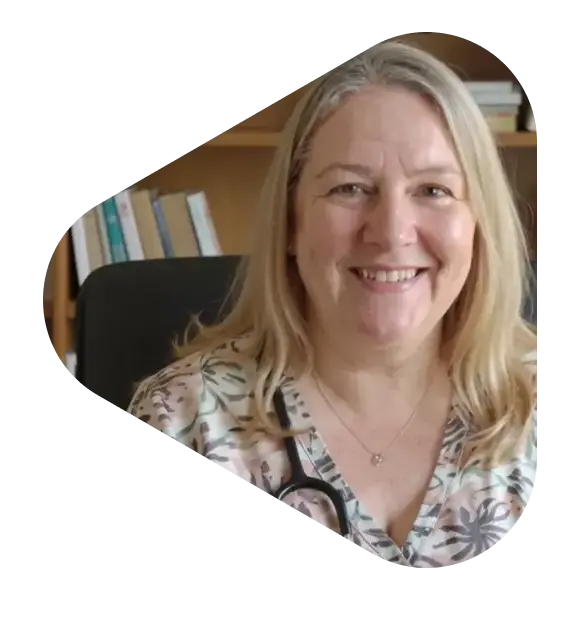
Manage opioid cravings and withdrawal with Suboxone® treatment
Learn about treatment
Why choose QuickMD for addiction treatment in Idaho?
Getting care at QuickMD is simple, secure, and accessible. We eliminate the hassle of waiting rooms and insurance. Here’s why thousands of patients trust us for quick, compassionate care:
Same-day
appointments
No insurance
required
Licensed &
certified providers
100% online
appointments
Over 100K+
patients served
Nomemberships
Start treatment with Suboxone® today
At QuickMD, getting your Suboxone® prescription is simple. Schedule a quick phone or video appointment with a licensed provider and we’ll send your prescription directly to your pharmacy.
Why virtual addiction treatment matters in Idaho
Addiction doesn’t wait for the right time or the right location. In Idaho, the opioid crisis is more than a statistic. It’s a daily reality for families across the state. From January 2024 to January 2025, over 314 Idahoans died from drug overdoses, with opioids like fentanyl leading the surge. Despite being slightly lower than the previous 12-month period, the opioid epidemic continues to surge through communities.
And getting help isn’t easy. In many small towns and rural areas, there simply aren’t enough providers offering addiction care. Even where treatment exists, the drive might be hours long. And for some, the hardest part isn’t distance, it’s fear.
Fear of being seen walking into a clinic. Fear of being judged by someone you know. Fear of being labeled, misunderstood, or dismissed. That fear keeps people from getting the care they need, until it’s too late. Virtual addiction treatment changes that.
You can talk to a licensed provider from home to get help with opioid use disorder or alcohol dependence without worrying about who might see you in a waiting room. You can get treatment without missing work, without driving across the state, and without explaining yourself to anyone but your doctor. It’s discreet. It’s compassionate. And for many in Idaho, it’s the first real chance at recovery that feels possible.
How access to addiction treatment is improving in Idaho
Addiction in Idaho doesn’t just show up in headlines. It shows up in families, workplaces, and small towns where treatment options have often been few and far between. But things are changing and not just in theory. Real policies and local action are beginning to shift in the direction of accessible care.
Lawmakers in Idaho have taken important steps toward improving access. For example, House Bill 61 now allows out-of-state licensed mental health providers to offer care via telehealth, a move that helps connect rural communities with the support they’ve long lacked.
In early 2025, the legislature took another step forward with Senate Bill 1024, a sweeping bill that redefines who can get mental health and substance use services and who gets help first. It also formalizes peer-support roles, so those with lived experience, trained recovery coaches, can guide others out of isolation.
Moreover, Idaho’s standing order for naloxone means pharmacies and community groups can distribute this life-saving medication to anyone who needs it, and no individual prescription is required.
None of this progress would be possible without local advocacy. Groups like Recovery Idaho are helping reshape how people talk about and live with addiction. Instead of leading with shame, they lead with support and advocate for recovery-focused policy as well as community education and outreach programs.
Virtual addiction treatment is also making way for people to access care. It gives people the option to meet with licensed providers from home, privately, and on their own schedule. For someone in a small town, someone working two jobs, someone caring for kids, or someone just not ready to walk into a clinic, that privacy matters.
How our MAT services help Idaho residents
If you’ve ever thought about getting help for opioid addiction but didn’t know where to start, or weren’t sure you could do it without everyone knowing, you’re not alone. In many parts of Idaho, care can feel out of reach. That’s why having the option to start treatment from home can matter so much.
With our virtual MAT program, you don’t have to sit in a waiting room or rearrange your life to get support. You can speak with a licensed provider by phone or video at a time that works for you and at a place that feels private.
Treatment may include Suboxone®, a combination of buprenorphine and naloxone that helps reduce cravings and ease withdrawal symptoms. But what makes this care work is the connection. Regular check-ins. Follow-up support. A provider who listens without judgment and helps you overcome barriers to wellness. Our goal is to help you take control of your health by providing care that makes that possible.
Tips for managing addiction treatment
1. Set up your place for privacy and comfort
If you’re using telemedicine, choose a quiet, familiar place for appointments. Some people meet with providers from their parked truck, others from a bedroom, or even during a break at work. What matters is that it feels safe for you.
2. Handle stigma with boundaries, not shame
If someone makes a judgmental comment or you worry they will remember, you’re not obligated to explain your recovery to anyone. You can say, “I’m taking care of my health,” and leave it there.
3. Keep crisis numbers saved—just in case
Add numbers like 988 (the national crisis line) and local Idaho hotlines to your phone now, when things are calm. It’s a small act that can make a huge difference if you hit a rough patch.
4. Let your recovery be quiet (if that’s what you need)
Not everyone wants to talk about their recovery, and that’s okay. If keeping things private helps you stay focused, that’s a strength, not a weakness.
We also offer these services in Idaho
At QuickMD, we’re committed to bringing convenient, affordable, and compassionate virtual care to patients across Idaho. In addition to addiction treatment, we proudly offer:
- Medical Weight Loss
- Urgent Care Services
- Virtual Counseling Sessions

Medical Weight Loss
Our online weight loss treatment helps you explore options like Ozempic® and Mounjaro® with licensed providers, offering support tailored to your health goals.

Urgent Care Services
Get quick, compassionate care for common illnesses online, 7 days a week. Anytime, anywhere.
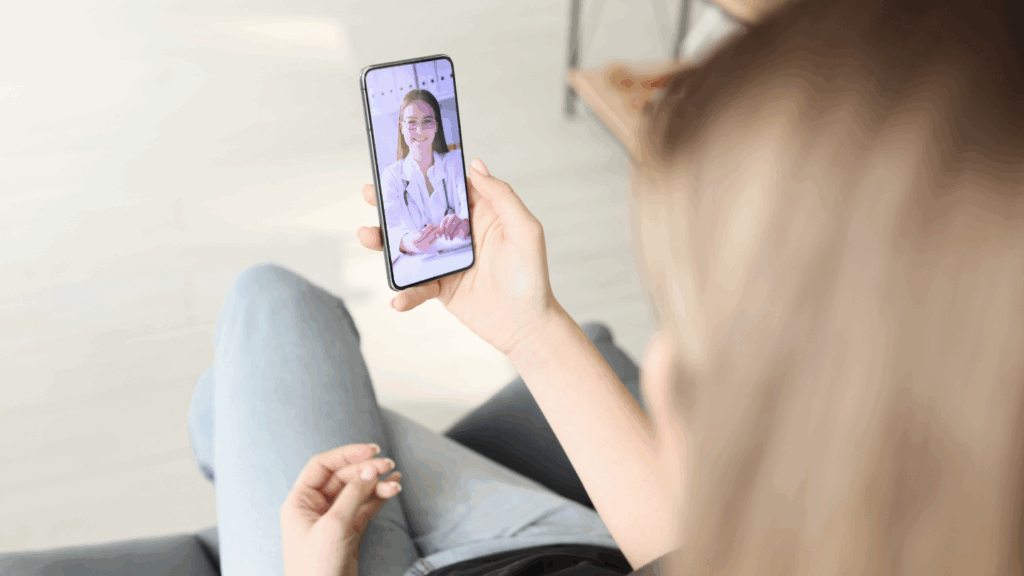
Virtual Counseling Sessions
Talk to licensed providers to support your mental well-being on your terms, when and where you need it.

Medical Weight Loss
Our online weight loss treatment helps you explore options like Ozempic® and Mounjaro® with licensed providers, offering support tailored to your health goals.

Urgent Care Services
Get quick, compassionate care for common illnesses online, 7 days a week. Anytime, anywhere.

Virtual Counseling Sessions
Get quick, compassionate care for common illnesses online, 7 days a week. Anytime, anywhere.
Start treatment with Suboxone® today
At QuickMD, getting your Suboxone® prescription is simple. Schedule a quick phone or video appointment with a licensed provider and we’ll send your prescription directly to your pharmacy.
Frequently asked questions about MAT in Idaho
Does Idaho Medicaid cover rehab?
Yes. Idaho Medicaid covers many substance use treatment services, including Medication-Assisted Treatment (MAT) with medications like buprenorphine, methadone, and naltrexone. It may also include counseling, case management, and recovery support. Your exact coverage will depend on your plan and where you receive care.
What kind of therapy is used for addiction?
Addiction treatment often includes therapy alongside medication. Common types include: Cognitive Behavioral Therapy (CBT), which helps you recognize and change unhealthy thoughts and behaviors. Motivational Interviewing (MI) is another approach that encourages your own motivation to stay on track with recovery. Group or individual counseling is an option that offers support, tools, and accountability.
Will people know I'm in addiction treatment?
No one has to know unless you choose to tell them. Many people avoid getting help because they’re worried about being judged by family, employers, or their community. But addiction treatment is private medical care, just like any other health issue. Providers are required by law to keep your information confidential.
If you’re using telemedicine, you can meet with your doctor from home, without anyone seeing you walk into a clinic. If you need to take time off work, you may be protected under medical leave laws like the FMLA. Seeking help is your business, and your right.


